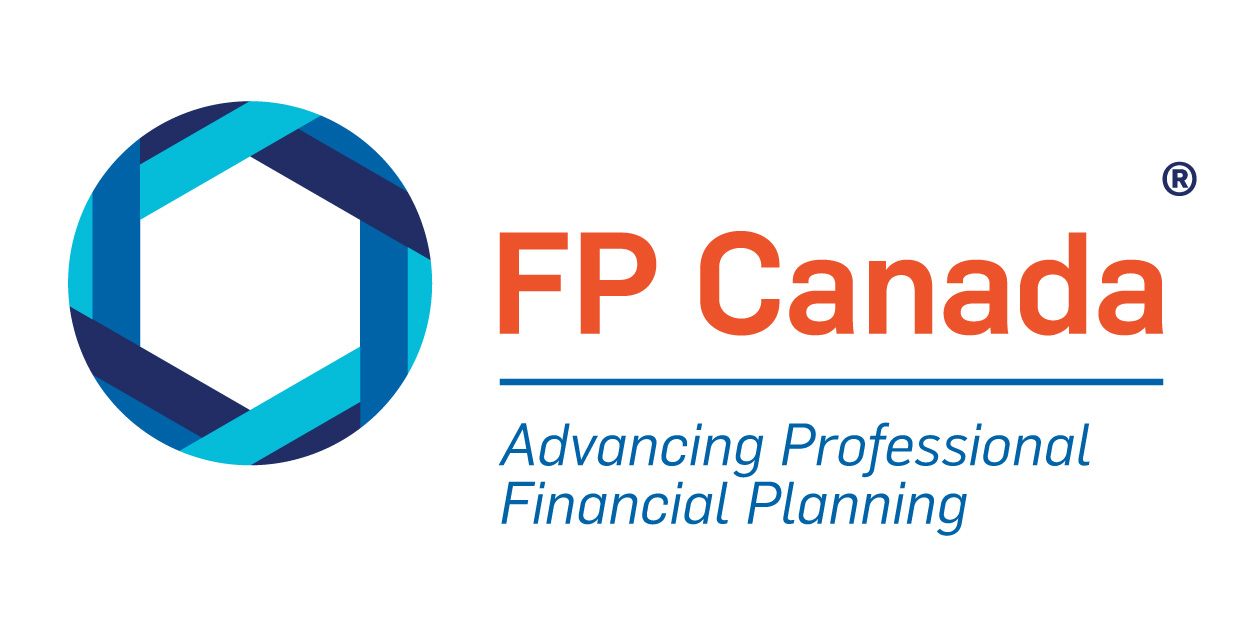2. How does this partnership work? How do we build trust?
Understanding how the relationship between you and your planner works will help you feel confident in your partnership. Trust is necessary so that you can both have the challenging conversations that personal finances can often involve.
Ask your planner about their own attitudes about money – including saving, spending and debt reduction. Tell them about your own lifelong relationship with money, while communicating your own preferences for the partnership. That means asking them about their working hours and whether they can accommodate evenings or weekends if needed. If you prefer to meet virtually, ask them what apps or tools they use to enable this.
Talking to your financial planning professional about your history of managing your money, your unique needs, and your preferred ways of communicating can get the partnership off to the best possible start.

 Find Your Financial Planner
Find Your Financial Planner





